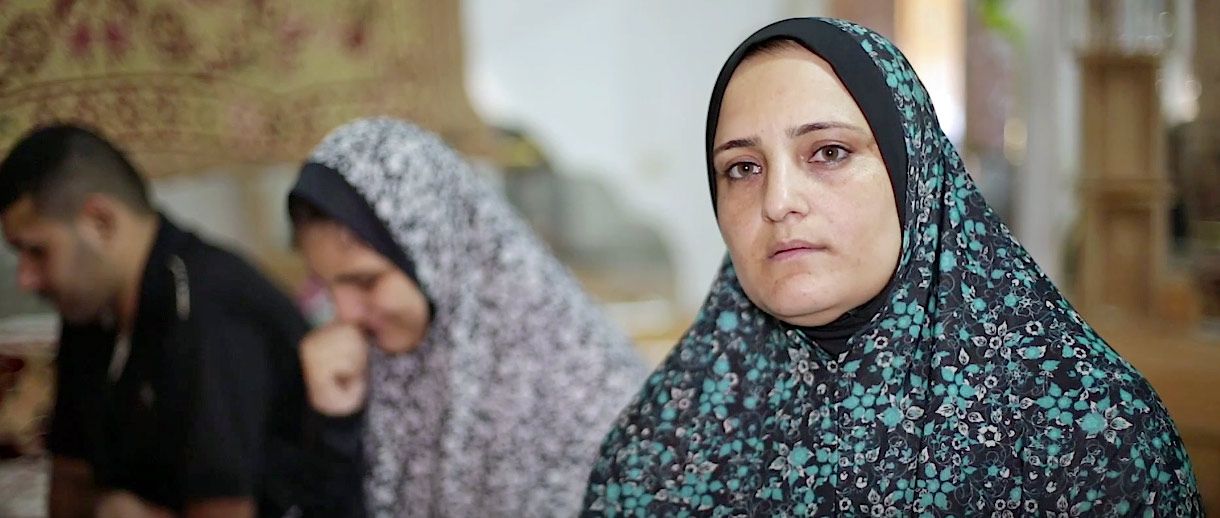A group of Palestinian women reclaimed souvereinty over their energy supply. Together they engaged with the Ministry of Energy, the Ministry of Women and the Ministry of Economy to advocate for the empowerment of women in the energy sector and for gender sensitive energy laws. They discussed the obstacles women face in this sector and what opportunities could empower them. This resulted in the Ministry of Energy launching a new project called ‘GROW’, meant to support initiatives by women in the area of renewable energy.
No sovereignty over their energy supply
In Palestine local communities have no sovereignty over their energy supply, due to the occupation of Israel since 1967. Therefore, the energy has to be imported, and because of high prices more than half of the population is not able to pay for basic energy needs. Furthermore, the energy scarcity is felt mainly by rural women who experience this burden during both their domestic as their agricultural work. Increasing inequalities as a result.
Renewable energy projects
As a response, PENGON (Friends of the Earth Palestine) began to implement renewable energy projects. The aim was to develop the capacity of people, especially women, to manage their own clean energy sources. And the impact is much broader! Together they provide small farms, households and schools with reliable, affordable and sustainable electricity. This is used for basic needs such as water pumps and lights. Jane Hilal, one of the partners of the project, explains:
“The primary aim of our projects is to promote the Palestinian environment and create an environment that people can live in. We try to use water and environmental resources in the right way in order to provide it for everybody.”
Get the message to the parliament
To enlarge the impact of the projects further, PENGON created a civil society network for clean energy. It connects diverse women communities and woman focussed civil society organisations with a diversity of actors in the energy sector. PENGON organised several capacity development workshops to prepare the groups to participate in lobbying meetings with the government. PENGON’s project coordinator explains:
“During the two workshops the women participated very actively. Before the capacity building program, their skills on how to lobby and how to ask their rights was limited. Their language to engage in negotiations and dialogue developed quickly. As did their knowledge about the clean and dirty energy sector. They also gained more awareness on climate change and clean energy and environmental issues. We increased their information on how we can focus on clean energy, how they can benefit from these clean energy projects and how to develop women CBOs by implementing clean energy projects. Now we can raise the awareness on clean energy at national and even international level.”
To step up the process PENGON organised lobbying meetings and with success. A staff member explains:
“The Ministry of Energy has annual plans and there is a change in the chance for women [to participate] in their projects. There used to be no criteria in these projects in order to empower women. This year they included criteria in their projects to support women in clean energy. They also put [in] some encouragements for women to be able to invest in this sector. This was a result of our discussion with them about the challenges for women in order to be active in this sector”.
This resulted in the Ministry of Energy launching a new project called ‘GROW’, meant to support initiatives by women in the area of renewable energy.
Power back into the hands of Palestinian women
The network is currently the only national clean energy network in Palestine. This network provides a safe space for women to work without fearing the safety of themselves and their staff members. Safe spaces, inclusion and participation are aspects needed for an enabling environment. CSOs need to be allowed to voice their views and concerns. Through their advocacy efforts PENGON convinced the Ministry of Energy to ensure the structural participation of women in their sector, thereby creating a more enabling environment for women.
About PENGON
Friends of the Earth Palestine, also called PENGON, has been a partner organisation of FGG for several years. In previous years PENGON organized capacity development workshops for thirteen women Community Based Organisations (CBOs) and Civil Society Organisations (CSOs) to strengthen them in advocating their demands, views and concerns for a clean energy sector, and on how to engage actively within decision-making dialogues and strategic discussions. Together with CBOs, CSOs and the Palestine government, they developed a resource guideline for mainstreaming gender in energy policies and programs.
Related tags








